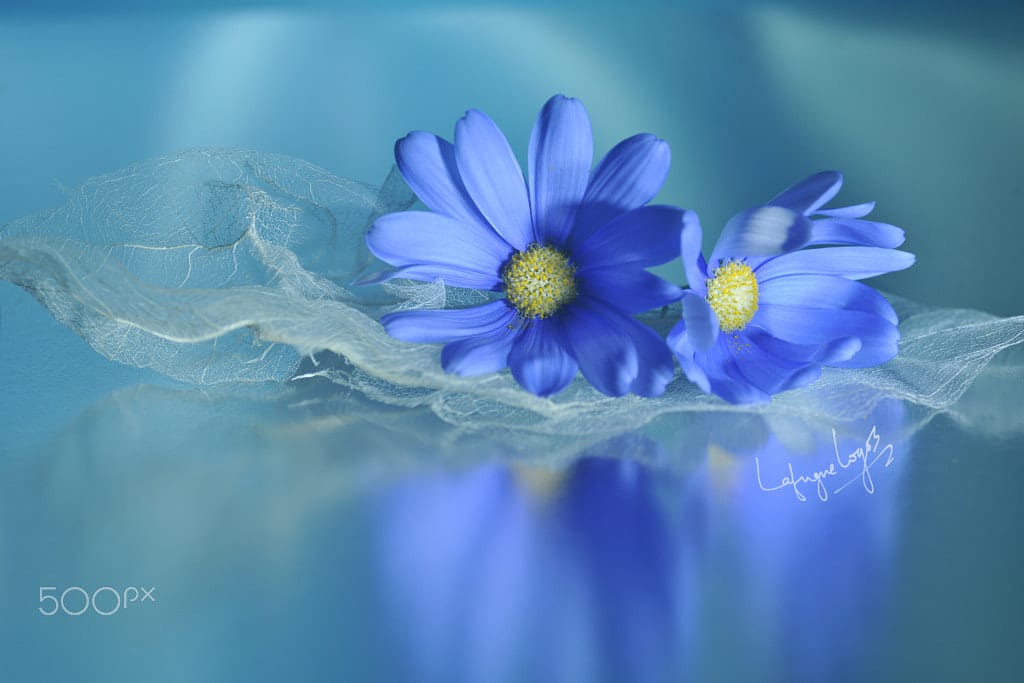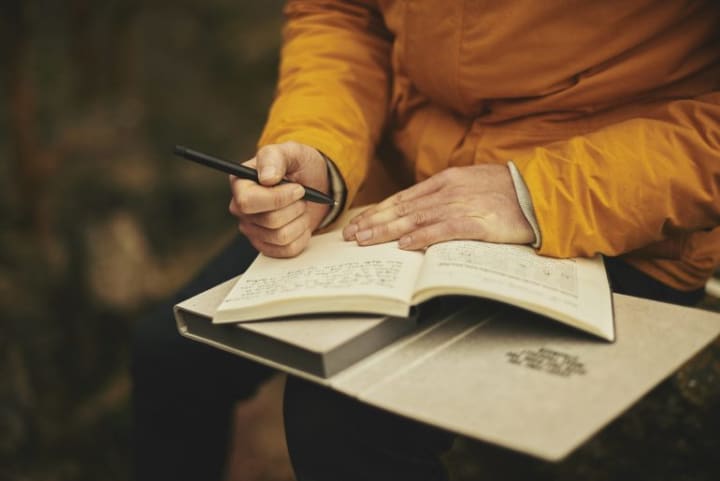How Do I Become A Self Taught Poet?
Unleashing Your Inner Poet: A Guide to Self-Teaching Poetry

- Title:How Do I Become A Self Taught Poet?
- Subtitle:Unleashing Your Inner Poet: A Guide to Self-Teaching Poetry
- Written by:Cole.Carey

Introduction:
In the realm of creativity, there are few endeavors as enchanting and expressive as poetry. It's the art form that dances between words, painting vivid imagery and evoking profound emotions. While some may believe that poets are born with an innate talent, the truth is that poetry, like any craft, can be learned and mastered through dedication and practice. In this guide, we will explore the journey of becoming a self-taught poet, drawing inspiration from real-life individuals who have embarked on this enriching path.
Embrace the Muse Within
At the heart of poetry lies inspiration. It's the spark that ignites the creative flame and drives the poet's pen across the page. Inspiration can come from myriad sources – nature's beauty, personal experiences, societal issues, or even the mundane moments of everyday life. To be a self-taught poet, one must learn to embrace and cultivate this muse within.
Take, for example, Maya Angelou, whose poetry was deeply rooted in her personal struggles and triumphs. From her acclaimed work "Still I Rise" to the reflective verses of "I Know Why the Caged Bird Sings," Angelou's poetry is a testament to the power of drawing inspiration from one's own life journey.
Immerse Yourself in Poetry
To hone your craft as a poet, immerse yourself in the rich tapestry of poetic works spanning centuries and cultures. Read voraciously, from the timeless sonnets of Shakespeare to the contemporary verses of Rupi Kaur. Analyze the structure, rhythm, and imagery employed by different poets, and let their words serve as both inspiration and instruction.
Consider the story of Langston Hughes, whose passion for poetry was ignited by the works of Walt Whitman and Paul Laurence Dunbar. Through his extensive reading and study of poetry, Hughes honed his unique voice, becoming a seminal figure of the Harlem Renaissance with poems like "The Negro Speaks of Rivers" and "Dreams Deferred."
Experiment with Form and Style
Poetry is a boundless playground of creativity, offering a myriad of forms and styles to explore. From traditional sonnets and haikus to free verse and experimental poetry, each form presents its own set of challenges and opportunities. As a self-taught poet, don't be afraid to experiment and find your own voice within these diverse forms.
Take inspiration from contemporary poets like Amanda Gorman, whose inaugural poem "The Hill We Climb" captivated the world with its powerful blend of verse and activism. Gorman's fearless experimentation with form and style showcases the limitless possibilities of poetry in the modern age.
Cultivate a Habit of Writing
Like any skill, the key to mastering poetry lies in consistent practice. Set aside time each day to write, allowing your creativity to flow freely without judgment or inhibition. Whether it's capturing fleeting moments in a journal or crafting polished verses for publication, the act of writing is essential to refining your poetic voice.
Look to the example of Emily Dickinson, whose prolific output of over 1,800 poems was fueled by her unwavering commitment to daily writing. Despite living a reclusive life, Dickinson's dedication to her craft transformed her into one of the most celebrated poets in literary history
Seek Feedback and Revision
As you embark on your journey as a self-taught poet, don't shy away from seeking feedback from fellow writers, mentors, or poetry communities. Constructive criticism can provide invaluable insights into areas for improvement and help refine your poetic technique. Embrace the revision process as an opportunity for growth and refinement, allowing your poems to evolve and resonate more deeply with readers.
Consider the story of Sylvia Plath, whose relentless pursuit of perfection led her to meticulously revise her poems until they shimmered with raw intensity and emotion. Plath's dedication to honing her craft transformed her poetry into timeless works of art, such as "Daddy" and "Lady Lazarus," which continue to captivate audiences to this day.
Conclusion
Becoming a self-taught poet is a journey of self-discovery and creative exploration. By embracing inspiration from both within and without, immersing yourself in the rich tapestry of poetic works, and cultivating a habit of writing, you can unlock the boundless potential of your poetic voice. Draw inspiration from the lives and works of real-life poets who have walked this path before you, and let their stories serve as guiding lights on your own poetic odyssey. Remember, the poet's journey is not about reaching a destination but rather about embracing the ever-unfolding beauty of the creative process. So pick up your pen, unleash your imagination, and let your words soar across the page like birds taking flight in the vast expanse of the poetic sky





Comments
There are no comments for this story
Be the first to respond and start the conversation.